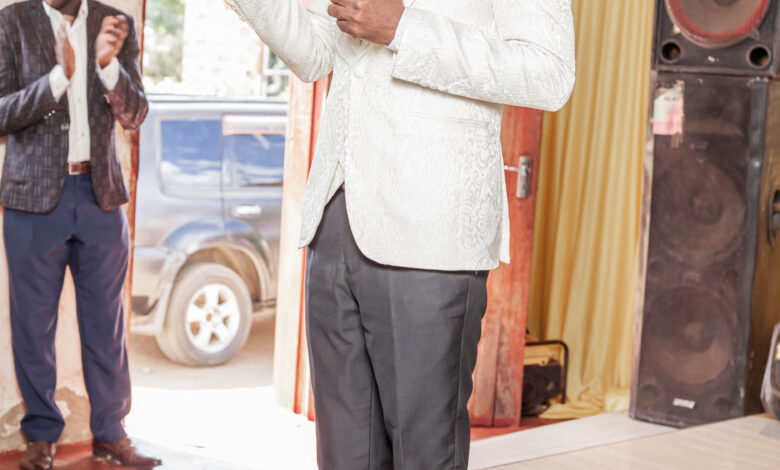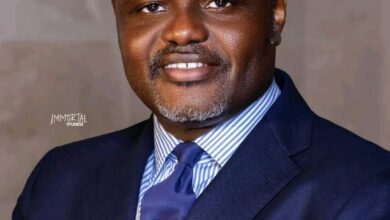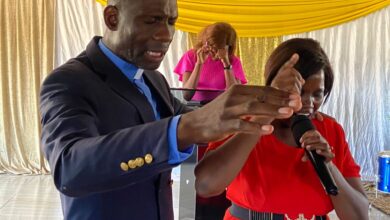Failed Prophecy About The USA Elections

Failed Prophecy about the USA elections
Throughout U.S. history, various individuals and groups have made predictions about presidential elections that ultimately proved incorrect. These failed prophecies often stem from overconfidence in forecasting models, misinterpretation of political dynamics, or reliance on flawed data.
Historical Examples of Failed Election Predictions:
1. 1948 Presidential Election: Pollsters and media outlets widely anticipated a victory for Republican candidate Thomas Dewey over incumbent President Harry Truman. The Chicago Tribune famously printed the headline “Dewey Defeats Truman,” only for Truman to secure a surprising win. This miscalculation was largely due to non-random sampling methods and premature conclusions.
2. 2016 Presidential Election: Many analysts and polls predicted a win for Democratic nominee Hillary Clinton over Republican Donald Trump. However, Trump achieved an unexpected victory, highlighting issues such as non-response bias and the challenges of accurately capturing voter sentiment.
3. 2020 Presidential Election: While polls correctly identified Joe Biden as the winner, they underestimated the closeness of the race, particularly in key swing states. This discrepancy raised questions about polling methodologies and the influence of social desirability bias.
Factors Contributing to Failed Predictions:
Non-Response Bias: Certain voter demographics may be less likely to participate in polls, leading to skewed results.
Sampling Errors: Inaccurate sampling can misrepresent the electorate’s composition, affecting the reliability of predictions.
Overreliance on Historical Data: Assuming past voting patterns will repeat can overlook evolving political landscapes and emerging issues.
Media Narratives: Media outlets may perpetuate certain narratives, influencing public perception and potentially leading to overconfidence in specific outcomes.
Lessons Learned:
These instances underscore the complexities of electoral forecasting and the need for humility in making predictions. They also highlight the importance of continuously refining methodologies to account for changing voter behaviors and societal trends.
For more detailed analyses of polling inaccuracies and their implications, you may refer to the following sources:
Why Do Polls Fail? The Case of Four US Presidential Elections, Brexit, and Two India General Elections
The media, not the polls, failed to predict Democrats winning in the midterms
What can we learn from election prediction failures of the past?




